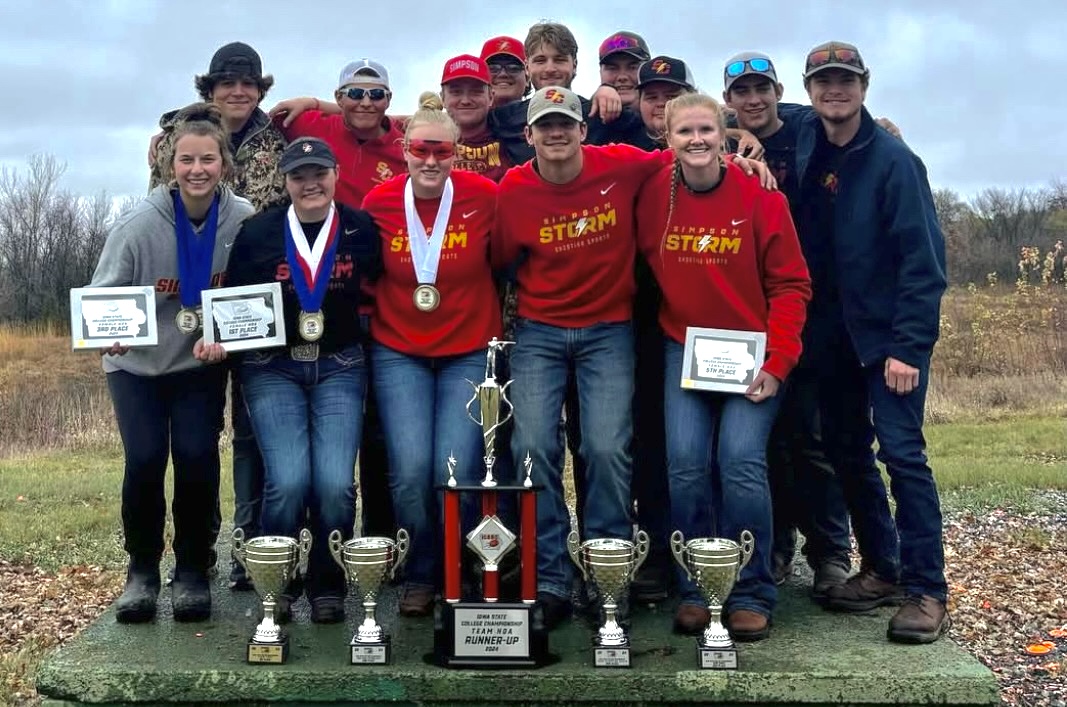Being a community should start at Simpson
January 28, 2011
We live in a world full of people who talk a lot about hope and promise. In the wake of many natural disasters, economic and governmental crises and traumatic shootings, we see people all over the nation coming together for support and unity in their darkest hours.
When I see things like this, I am hopeful because I think it speaks to what we’re all truly longing for: community. There’s a very deep and real need for people to be unified in a special, relational way, and that’s often amplified when tragedy strikes.
On the flipside, we witness fans and supporters with common interests banding together in times of success. When a sports team has a successful season, the die-hards and the fair-weather fans rally to chant the same cheers and reach for the same goals. People who are on common ground can come together when all is right in their current reality and support each other for the good of the cause.
As great as it is to support one another during the good and the bad: what about the moments in between? Where is our sense of “community” from hour to hour, day to day, and week to week? Or have we lost sight of what that word really means?
Last year the Religious Life Community’s (RLC) theme was centered on community. The scripture that inspired the theme came from 1 Corinthians 12:26 (NIV) and it said, “If one part [of the body] suffers, every part suffers with it; if one part is honored, every part rejoices with it.” St. Paul was writing to a church that had a lot of corruption and disrespect going on. Although this is a specifically Christian text, I think the words here speak a lot of wisdom as to what being a community really means.
This concept of community is something that seems to have gotten lost in it’s own translation. A community is often seen as a group of people living or working together with common goals and ideas. We, as a Simpson College campus, seem to have some similar goals in mind. The students here are seeking a higher education, and the faculty and staff are awarding them that privilege in a number of ways. The campus groups and activities also help supplement that experience.
However, there have been many cases where a lack of communication, respect and support among all students and staff have failed to allow our community to reach its full potential. What good does it do work against each other, when we could be working for each other?
We need to be united as a body of people with a common interest: the welfare of Simpson and its students. We need to lift each other up for the benefit of the whole, and that can only happen when our conception of what community means is not purely conditional. We must stick by each other through and through. Community is a process, and it requires time to take form. But it starts with the body – our student body.
“If one part suffers, every part suffers with it; if one part is honored, every part rejoices with it.” – 1Corinthians 12:26.






